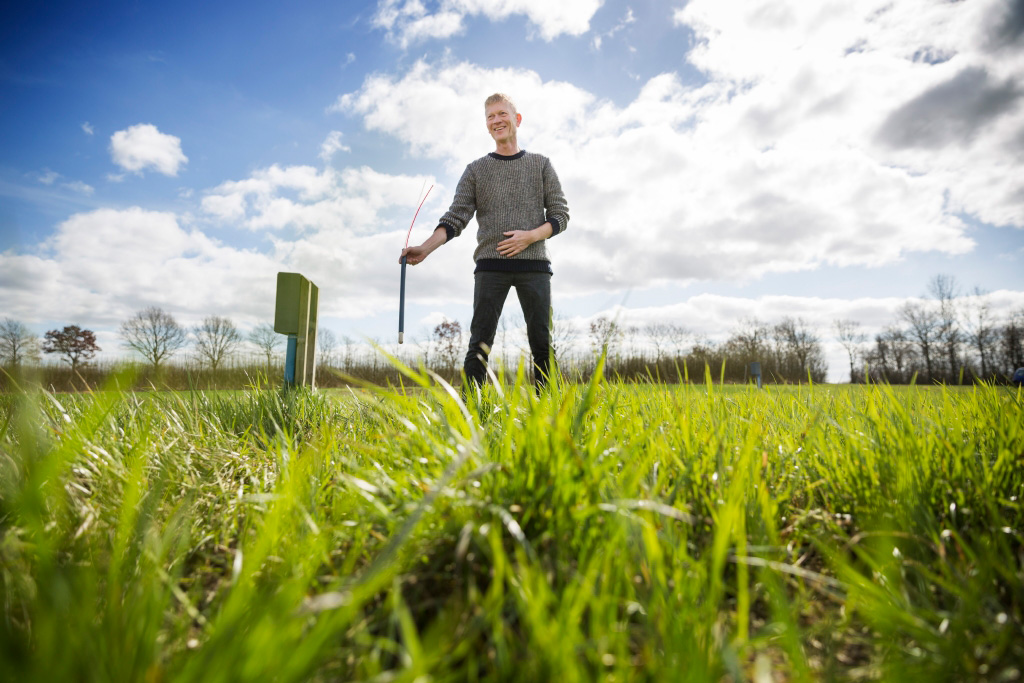International conference at AU to put a stop to the use-and-throw-away culture
On 25 June, Aarhus University will be opening the doors to Circular Bioeconomy Days 2019. A three-day international conference focusing on developing the circular bioeconomy of the future.

Mine – produce – use – throw away. Repeat. That’s how our society is mainly organised today. Based on fossil mineral resources and energy sources, this paradigm has put the world on a dangerous course.
A durable solution could be a completely new type of economy. A sustainable system based on the premise that we only have the world's biological resources on loan, and therefore they have to be part of a circular system with minimal depletion; the Circular Bioeconomy.
As well as massive commercial potential, the transition to the circular bioeconomy has enormous benefits for the environment, the climate and the sustainable society. But how can companies and the agricultural sector become part of a circular bioeconomy, and in what direction should the circular bioeconomy be developed to give value for both the business community and society?
These are some of the major questions forming the focal point of the international Circular Bioeconomy Days 2019 conference, which will be held from 25 to 27 June at Aarhus University in Foulum.
The event brings together the most important players from Denmark and abroad to debate the circular bioeconomy as a tool to implement the UN Sustainable Development Goals and, more specifically, to develop sustainable protein for the future.
"Our ambition with Circular Bioeconomy Days is to open up for the debate on how we can develop a sustainable circular bioeconomy, and in particular we’ll be looking at how we can realise the potential for local protein production in Europe. My hope is that we can dig even deeper than usual by sharing European know-how and discussing freely and without prejudice the new goals we can achieve. At the same time, it’s important to remember that the circular bioeconomy is well underway and there are enormous potentials for agriculture and the food industry, but also for other sectors of the Danish business community," says Uffe Jørgensen, director of the Centre for Circular Bioeconomy at Aarhus University.
Aarhus University will also be inaugurating its new demonstration facility for the extraction of protein from grass at the conference; a technology with a large number of benefits for the environment and the climate, including significant reductions in nitrogen discharge to the aquatic environment.
The facility will provide knowledge to help establish full-scale plants in practice, and is the first step towards full-scale green production of protein from grass.
So far, it has not been possible to produce grass protein at a larger scale, and clearly this has limited the possibilities for carrying out feed trials.
"The facility will provide a solid data basis for both farmers and companies to make financial decisions about establishing biorefineries plants, grass cultivation and utilising green protein," says Associate Professor Morten Ambye-Jensen from the Department of Engineering, who is heading the new demonstration facility.
Read more about Circular Bioeconomy Days 2019 here.
Read more about Aarhus University's new demonstration facility here (in Danish).
